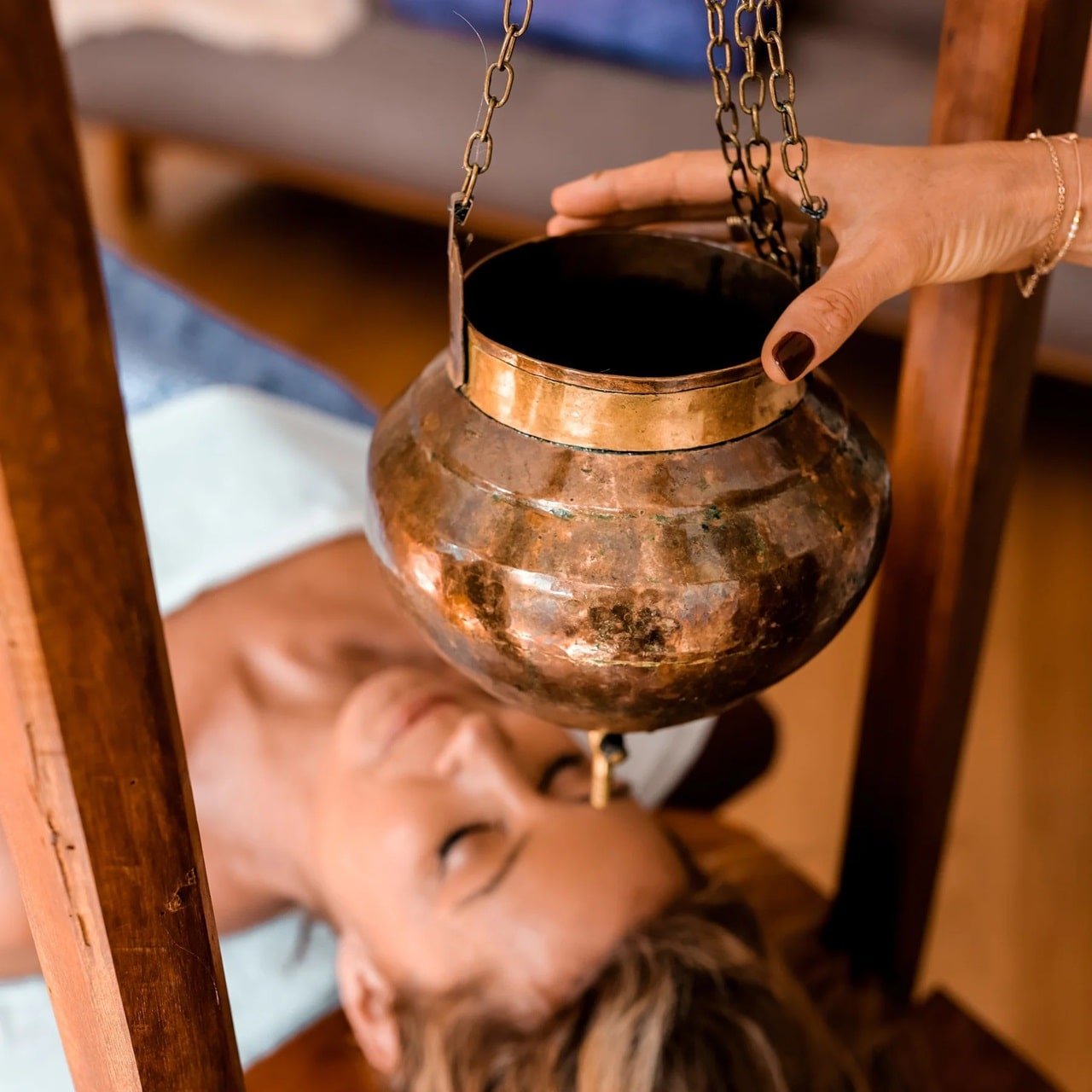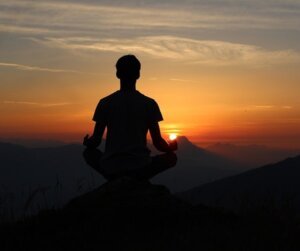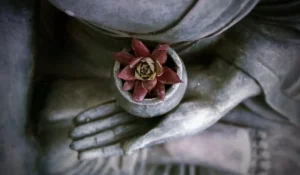Program Info
Our 8-Day Yogic Detox Package, a meticulously crafted program rooted in the ancient Hatha Yoga tradition, is designed to cleanse your body and spirit most naturally. This holistic package utilizes Satkarma (a technique, revered ancient practice for detoxifying the body and mind), spa activities, yoga asana, pranayama, and meditation, thus promoting overall well-being and preparing you for spiritual growth. Engage in time-honored methods such as Jala Neti for nasal cleansing, Kunjal Kriya (Vaman Dhauti) for purifying the upper digestive tract, and Sankhaprakshalana for a comprehensive digestive system (entire alimentary canal) cleanse.
Our program is tailored to gently guide participants through preparatory yogic practices, making it accessible and effective for everyone, especially the modern individual confronted with the stresses and toxins of contemporary life. This detox is not only about physical purification but also serves as a pivotal step for those on their spiritual journey, offering mental and emotional clarity, and fostering an environment for profound spiritual progress. It’s an invitation to rediscover your inner vitality, eliminating internal toxins and obstacles that hinder your physical health and spiritual advancement. Join us for this natural and profound internal cleanse, paving the way for a healthier, more vibrant you, ready to pursue greater spiritual heights.
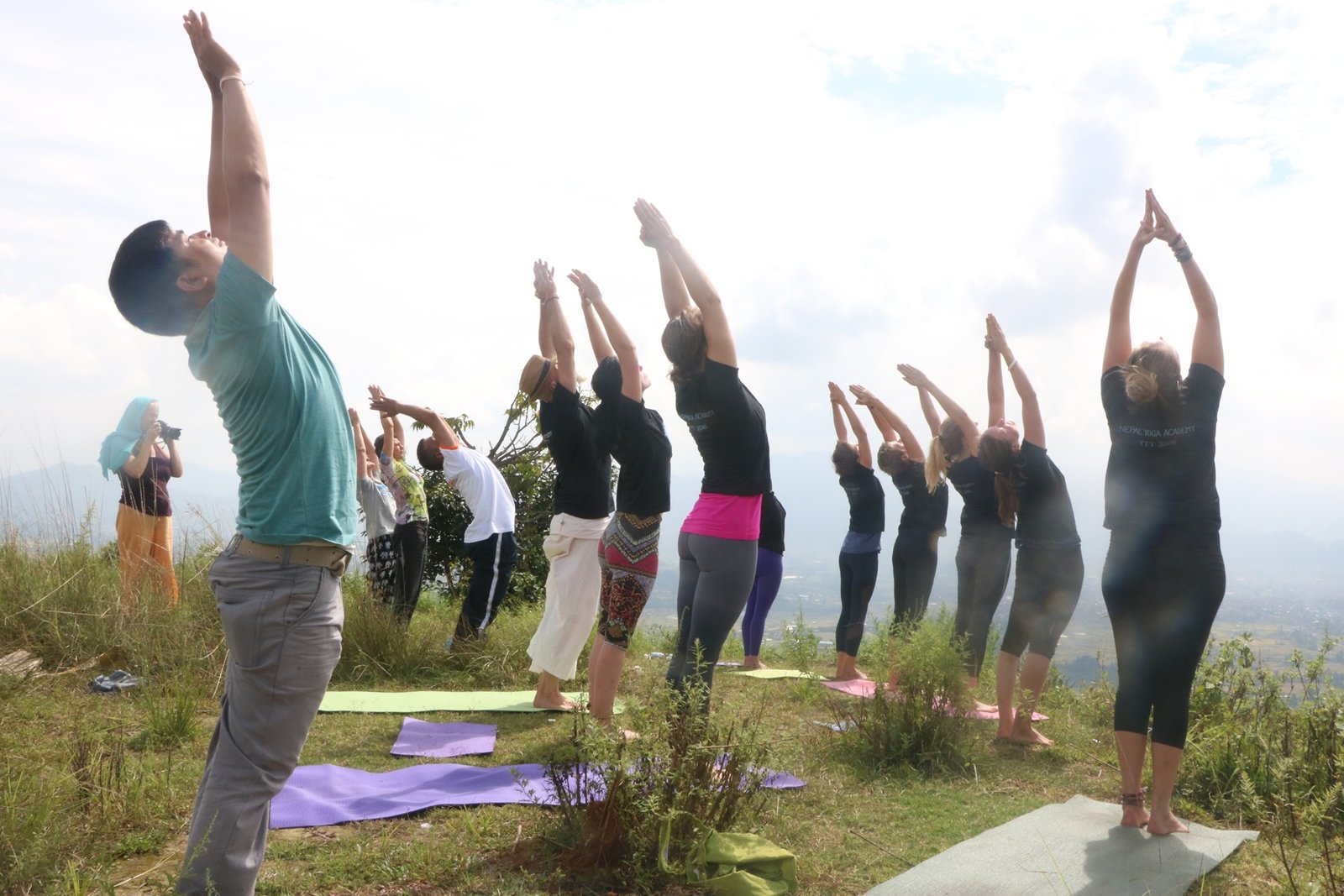
Retreat Highlights
Prepares the body and mind for advanced yogic practices and deeper spiritual exploration.

Savor fresh vegetarian meals throughout your stay, with vegan options available upon request, to nourish your body and support the detox process.

Led by experienced practitioners, ensuring safety, efficacy, and a deep understanding of the detox process.
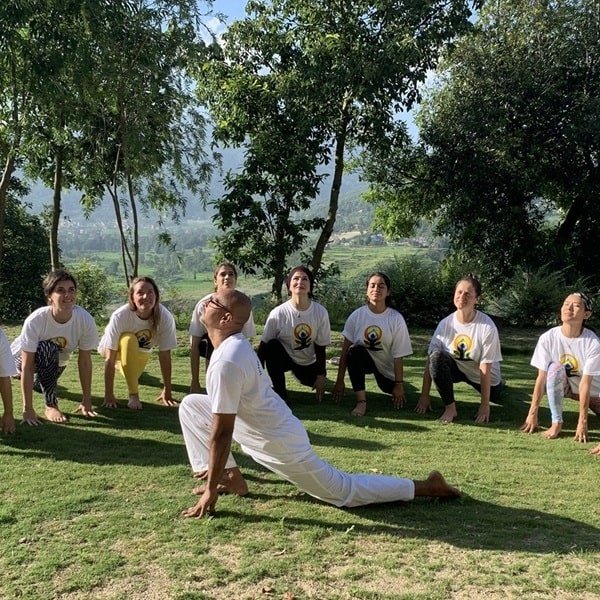
Participate in two Hatha Yoga sessions each day to strengthen and harmonize the body and mind.

Indulge in Shirodhara, a traditional treatment that calms the mind, reduces stress, and promotes emotional balance.
Offers a comprehensive cleansing of the digestive system, enhancing physical health and mental clarity. Enjoy rejuvenating massages, steam baths, and sauna sessions to relax and detoxify the body further.
Importance of Yogic Detox
This package is a comprehensive approach to wellness, drawing from ancient yogic practices and supported by modern scientific findings. This program not only aligns with nature’s detoxification methods—tears, sneezes, mucus, sweat, urine, and excrement—but also enhances them through traditional techniques such as Shankhaprakshalana, Jala Neti, and Kunjal Kriya. These methods are proven to effectively cleanse the body, boost immunity, and improve mental clarity, flexibility, and concentration.
The Hatha Yoga Pradipika, one of the most significant ancient scripture within the Hatha Yoga tradition, elucidates how these cleansing actions are essential for preparing the body and mind. By emphasizing physical purification as the first step, the Hatha Yoga Pradipika aligns with the broader yogic philosophy that a pure and healthy body is the vessel for spiritual development. This approach mirrors the wisdom of ancient texts, advocating that purification is crucial for anyone embarking on the yogic path, ensuring that practitioners are physically and energetically prepared to receive the deeper benefits of yoga. The text highlights that without purification, one may encounter obstacles in energy flow, concentration, and the overall progression on the path of yoga. The Satkarma are thus not merely physical exercises but are profound practices aimed at removing toxins and balancing the doshas (body energies), which in turn facilitates smoother pranic flow and aids in achieving a heightened state of meditation and awareness.
Scientific research supports the benefits of these yogic practices for enhancing muscular strength, respiratory function, and cardiovascular health, while also reducing stress. Embrace this opportunity to cleanse, rejuvenate, and reconnect with your inner self, setting the foundation for a life of vitality, awareness, and profound spiritual fulfillment.

Benefits of Yogic Detox
Practices
During the program, we will be exploring practices including: Jala Neti, Kunjal, and Sankhaprakshalana. It’s important to have an understanding of these techniques before attempting them. These cleansing methods should be performed with clear instructions and always under the supervision of a knowledgeable instructor to ensure comfort and safety.
Jala Neti (Nasal Cleansing Technique)
Jala Neti is a nasal cleanse to remove excess mucus lodged in the nostrils. By rinsing the nostrils one by one with lukewarm salty water, the mucus is eliminated through the opposite nostril. It is a noninvasive procedure that can be done in 5 minutes which can be done every day. This method leaves your sinuses clear and allows better respiration which ultimately enhances your daily yoga practice.


Kunjal (Vaman Dhauti)
Kunjal is another Hatha Yoga method of purification also known as Vaman Dhauti, where the entire stomach is cleansed. This is performed by drinking salty water on an empty stomach which causes the body to regurgitate through vomiting any remnants of bile or mucus left in the stomach leaving your stomach clean and new.
Sankhaprakshalana (Washing of The Intestines)
Shankhaprakshalana is another practice derived from the Hatha Yoga tradition, is a meticulous cleansing process targeting the entire digestive tract. The analogy of the digestive tract to a conch shell highlights the extensive nature of our intestines, spanning about 54 feet, which over time accumulate layers of toxins. These toxins hinder the natural functions of the lysosomes’ membranes (enclosed organelles that contain an array of enzymes capable of breaking down all types of biological polymers—proteins, nucleic acids, carbohydrates, and lipids), leading to inefficient digestion, acid reflux, and other related ailments. Shankhaprakshalana addresses these issues directly, rejuvenating the practitioner by ensuring the thorough elimination of toxins, thereby restoring the digestive system’s optimal functioning and contributing to overall health and well-being.
Shankhaprakshalana is performed on an empty stomach, involving drinking warm saline water and executing specific yoga asanas to cleanse the digestive tract. The procedure starts with consuming two glasses of saline water, followed by yoga poses like Tadasana(Palm Tree Pose), Tiryaka Tadasana (Swaying Palm Tree Pose), Kati Chakrasana (Waist Rotating Pose), Tiryaka Bhujangasana (Twisting Cobra Pose) and Udarakarsanasana to facilitate internal cleansing. This sequence is repeated until clear water is expelled, signaling a complete detox. Taking about 2 to 2.5 hours, the practice concludes with a couple of days of rest and a gentle diet for recovery, emphasizing the need for guidance by an experienced instructor for safety and efficacy.

Benefits Witnessed After Include
Precautions and Contraindications!
Considering these precautions and contraindications is crucial to ensure the safety and well-being of individuals engaging in yogic detox practices, preventing adverse health effects.
Requirement
Considering these requirements before and after practice is essential for maximizing benefits while ensuring safety and health during the yogic detox process.
The duration recommended for avoiding certain foods after Shankhaprakshalana can vary, but a common guideline is as follows:
Immediately After the Practice
For the first few days (typically 3 days), the diet should be very light and primarily consist of easily digestible foods, such as khichdi & ghee (a simple, spiced dish made with rice and mung dal), avoiding all harsh, processed, spicy, and difficult-to-digest foods.
First Week
During the first week, it’s advised to continue with a simple, bland diet and gradually reintroduce other foods. However, one should still avoid the foods listed previously such as fried, processed, sweet, fatty foods, meats, nuts, dairy products, caffeinated beverages, alcoholic drinks, and smoking.
Beyond the First Week
After the initial week, the restrictions can be gradually lifted, but it’s recommended to reintroduce other foods slowly and observe how the body responds. Some texts suggest extending cautious dietary practices for up to a month to fully reap the benefits of the cleanse and ensure the digestive system is restored.
Schedule
Your daily routine is thoughtfully designed to nurture both your body and mind. Mornings begin with a holistic session from 6:30 AM to 10:00 AM, featuring meditation, pranayama (breath work), asana (yoga poses), and a nourishing breakfast, setting a serene tone for the day. Evenings are dedicated to unwinding with asana and a relaxation or meditation session, followed by dinner, from 5:00 PM to 7:00 PM. Between 10:00 AM and 5:00 PM a variety of spa and ayurvedic activities that are both comfortable and feasible for you. These activities will be planned differently each day to ensure a diverse and enjoyable experience.
The final Satkarma, which includes Jala Neti, Sankhaprakshalana, and Kunjal Kriya, will happen when you feel ready and the weather is good. We’ll make sure everything is right for the practice, like how you’re feeling physically and mentally, and the environment around us. Then, we’ll start the practice when everything is set.

Day 1 – Arrival and Introduction to Relaxation
- 1:00 pm: Arrival at Retreat Center
-
- Welcome with Tea
- Lunch: if you want, please inform us beforehand
-
- Afternoon Activities: it depends on your arrival time
-
- Ayurvedic Massage to Awaken Circulatory System
- Time for Relaxation in the Gardens
-
- 5:00 pm: Tea Break
- 5:30 pm: Yoga Asana Session
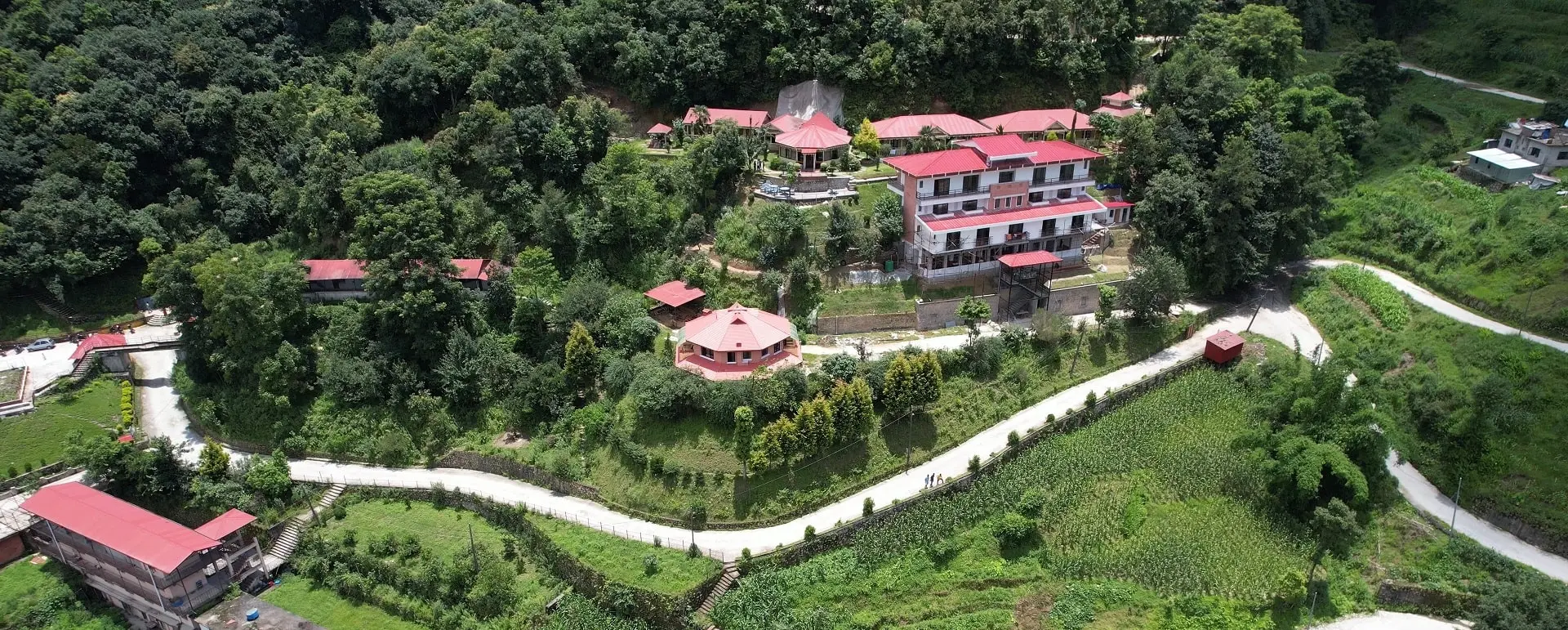
Day 2, 3, 4, 5, 6 & 7 – Enhancing the Practice on Typical Days
- 6:30 am: Meditation
- 7:00 am: Jala Neti Nasal Cleanse & Tea Break
- 7:30 am: Pranayama Class
- 8:30 am: Yoga Asana Session
- 9:30 am: Breakfast
- Midday Activities: Your typical midday will be filled with a variety of spa and ayurvedic activities that are both comfortable and feasible for you. These activities will be planned differently each day to ensure a diverse and enjoyable experience. Activities includes:
- Sound Healing session
- Ayurvedic Oil massage
- Shirodhara (pouring the oil on the head)
- Steam Bath/Sauna
- 5:00 pm: Tea Break
- 5:30 pm: Yoga Asana Session
- 7:00 pm: Dinner & Relaxation

Day 8 – Integration and Departure
- 6:30 am: Meditation
- 7:00 am: Jala Neti Nasal Cleanse & Tea Break
- 7:30 am: Pranayama Class
- 8:30 am: Yoga Asana Session
- 9:30 am: Breakfast
- Morning Activity:
- Preparation for your next journey
- 12:00 pm: Check-out and Farewell
Immerse yourself in serenity at our retreat, nestled in the captivating Sanku valley surrounded by mountains. Choose from Bamboo Cottages, Standard Rooms, Panoramic Deluxe Rooms, or Panoramic Suite Rooms, each offering stunning views of the valley, dancing clouds, shimmering sunlight, and lush greenery for a truly tranquil experience.
Immerse yourself in serenity at our retreat, nestled in the captivating Sanku valley surrounded by mountains. Choose from Bamboo Cottages, Standard Rooms, Panoramic Deluxe Rooms, or Panoramic Suite Rooms, each offering stunning views of the valley, dancing clouds, shimmering sunlight, and lush greenery for a truly tranquil experience.
Weather
The weather in the retreat varies from season to season. It gets quite cold in December, January, and February, especially in the mornings and evenings. The summer (March – June) months are warm and breezy. The rainy season (July – September) will be warm weather with occasional rain showers. Nepal has an electricity ration and scheduled power cuts are often. So,
We recommend the following:
- Warm clothing for evenings and mornings (winter)
- Warm socks and hat (winter)
- Waterproof walking shoes and outdoor wear (winter and rainy season)
- Sandals for around the retreat
- A warm cardigan or blanket/shawl for meditation
- A head lamp and batteries or flashlight
- Conservative dress for temple visits; Ideally cotton conservative dress for yoga (avoid crop tops and low cut tops, shorts, and see-through clothing)
- A refillable water bottle/thermos (drinking water and tea available on site)
- An open mind
- Personal medical kit
- Mosquito and bug repellents (summer and rainy season)
- Personal toiletries
Helpful Tips Before You Arrive
Code of conduct
Like you, our other guests and students come to our retreat to recharge, meditate, practice yoga & meditation, study, find peace, and relax. To make the most of your stay, we ask that you carefully read our code of conduct so that all guests and students have the most serene and tranquil experience at Nepal Yoga Academy. We ask that you offer the love and respect you wish in return. We hope you have a pleasant stay.
FAQs
